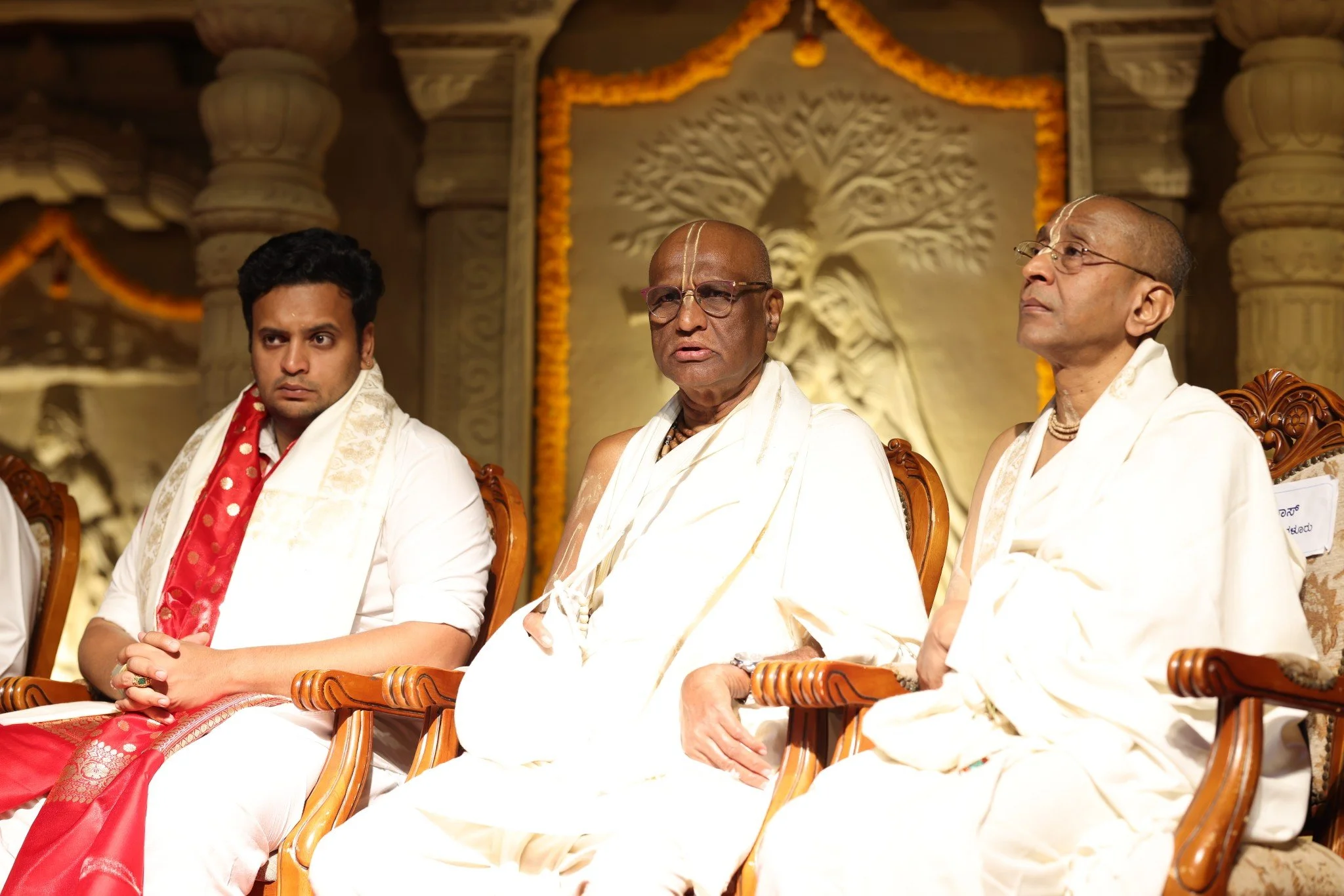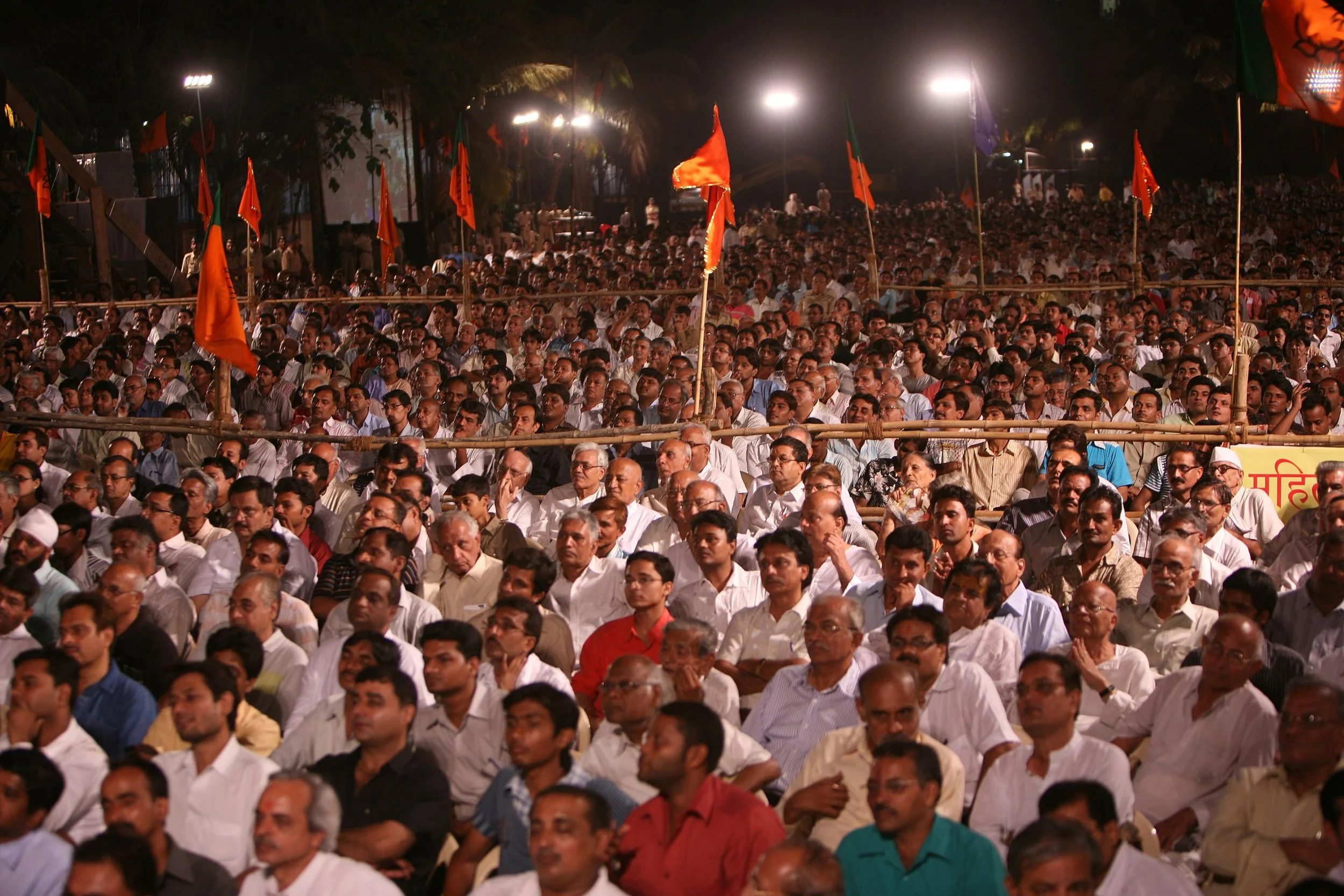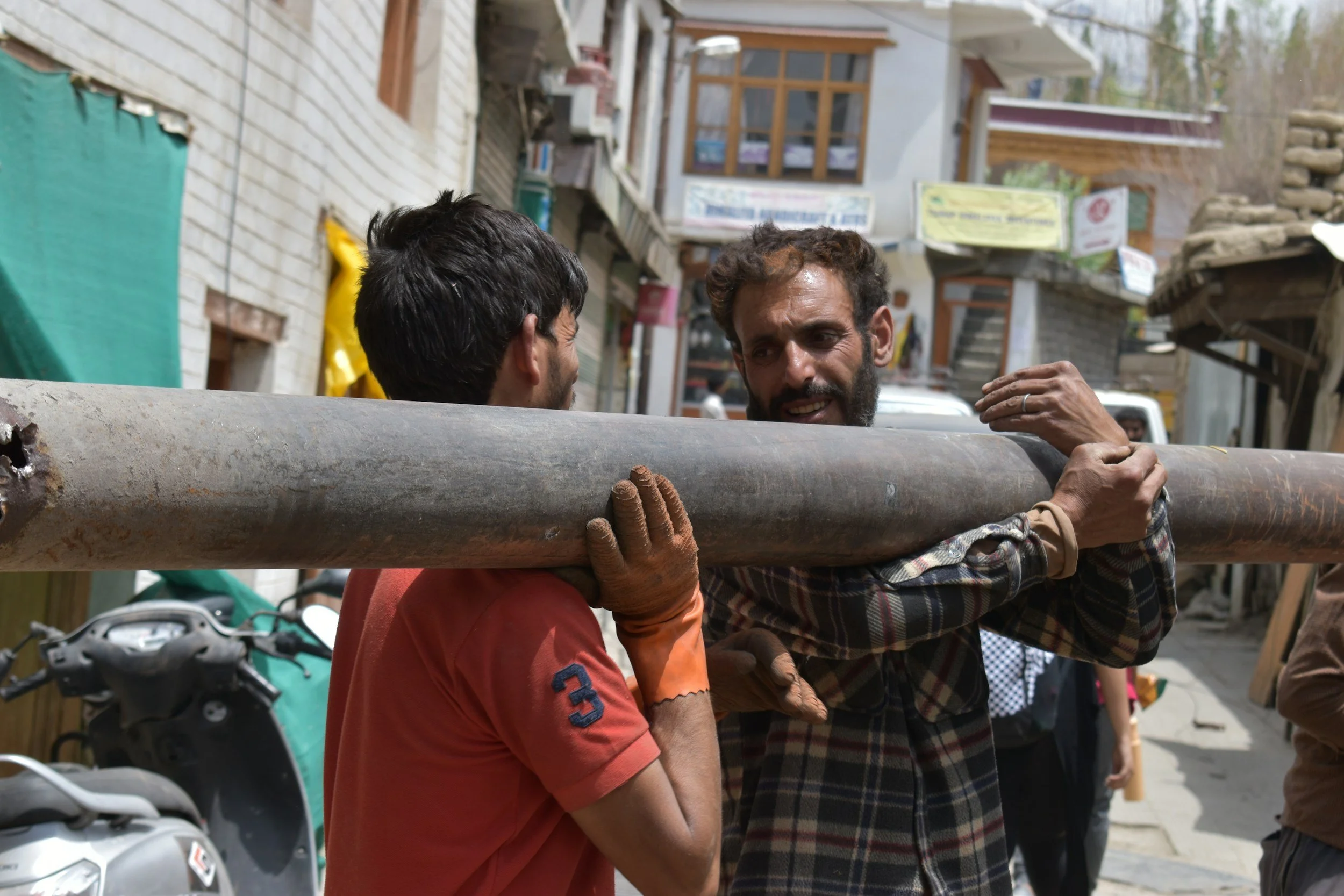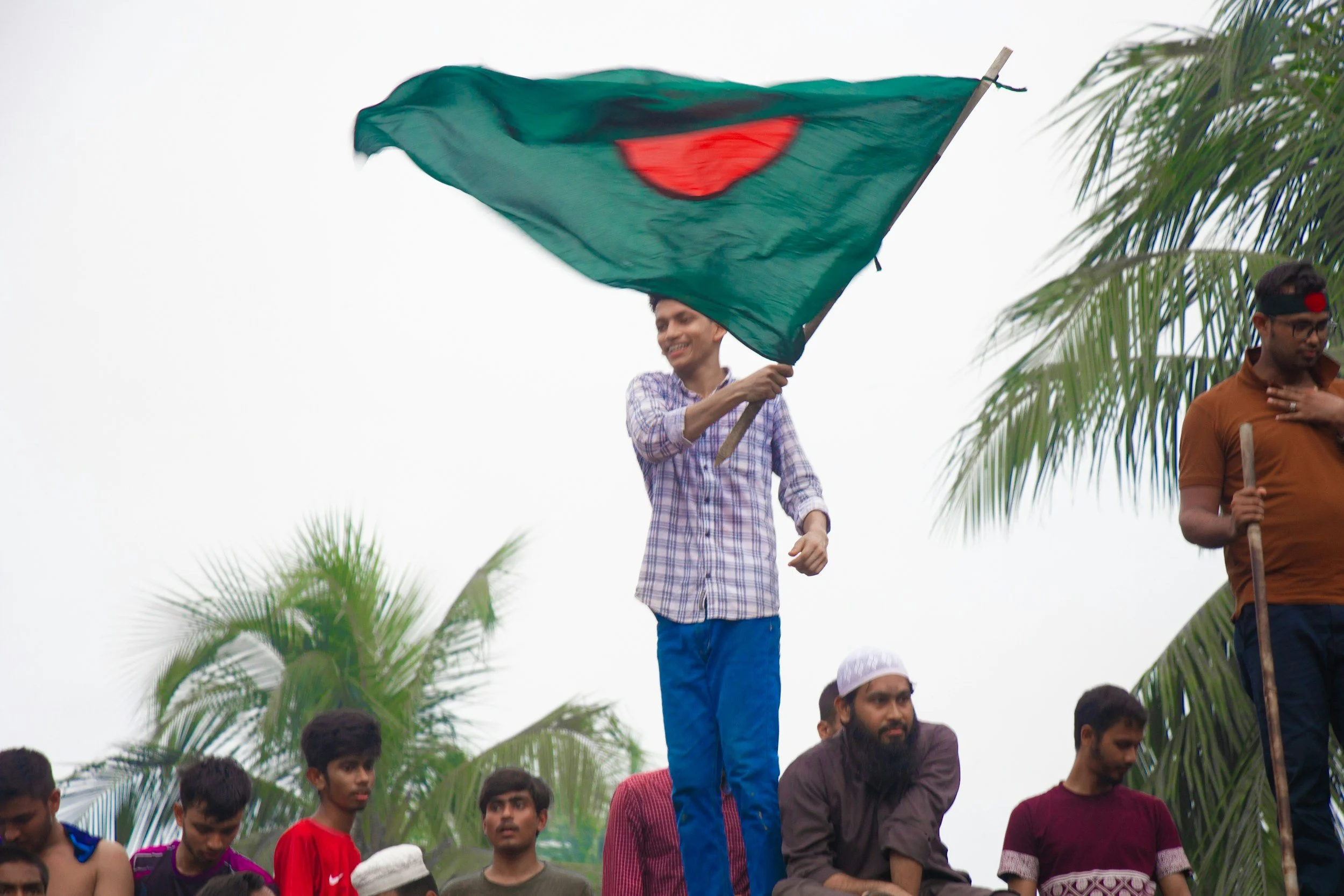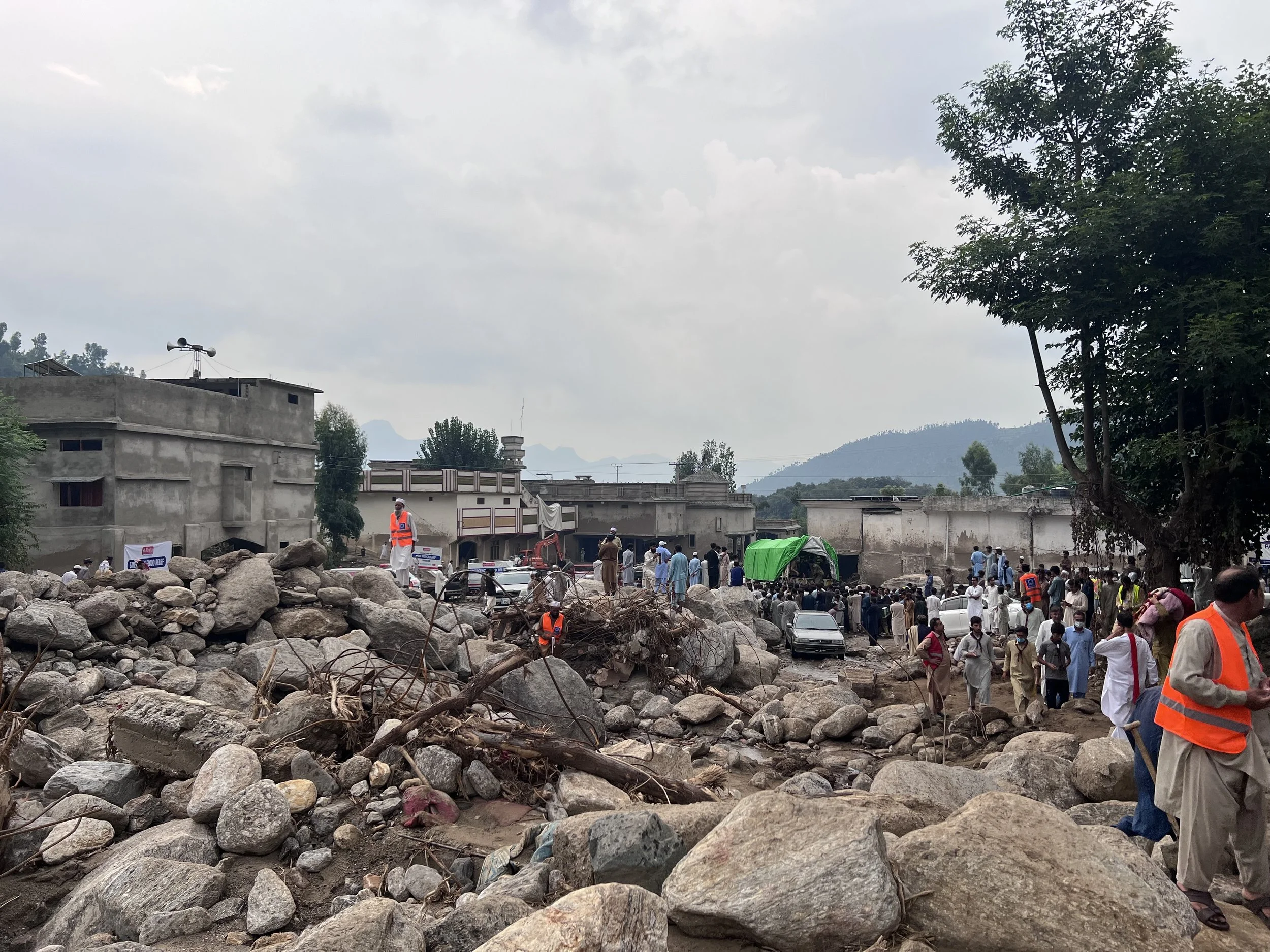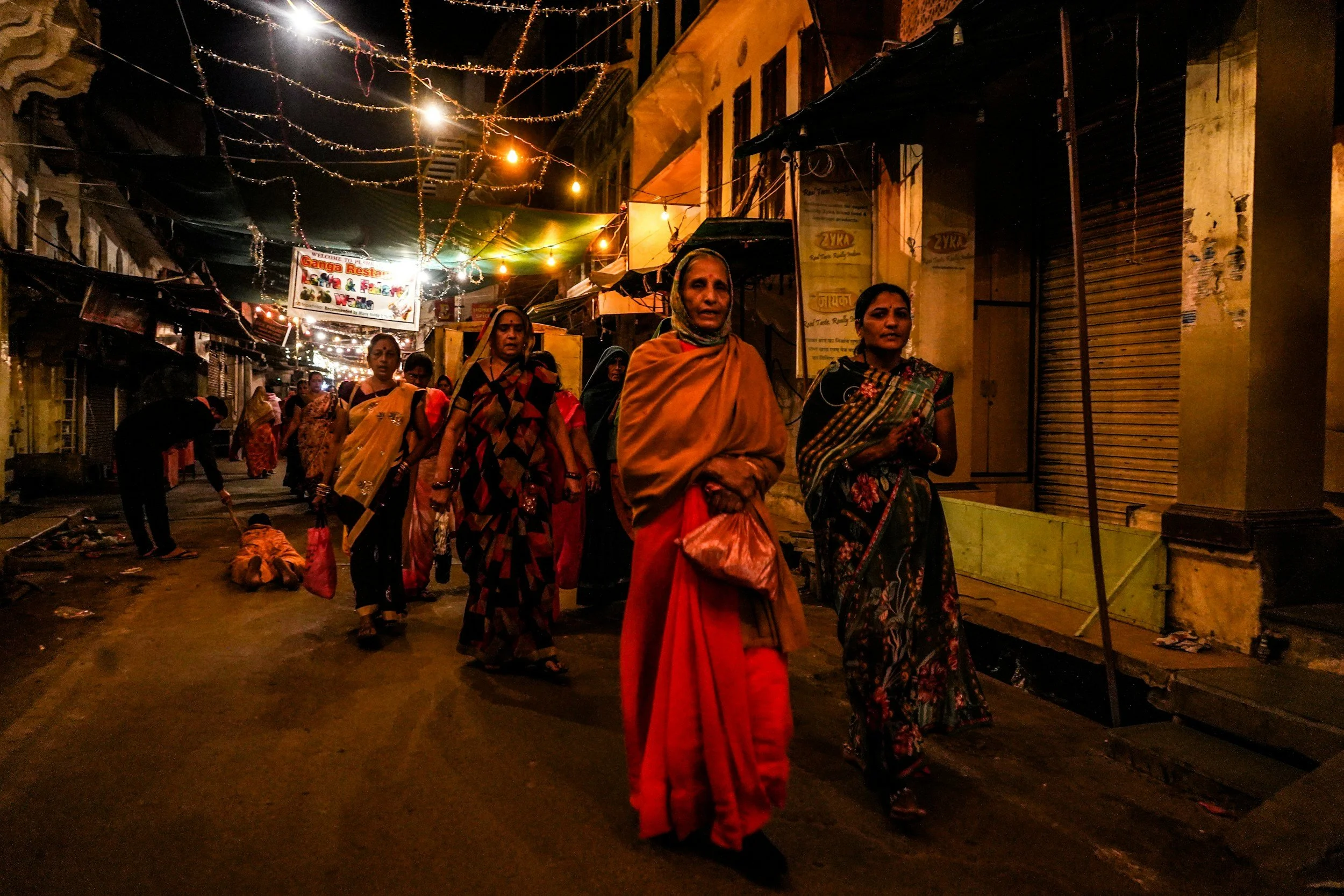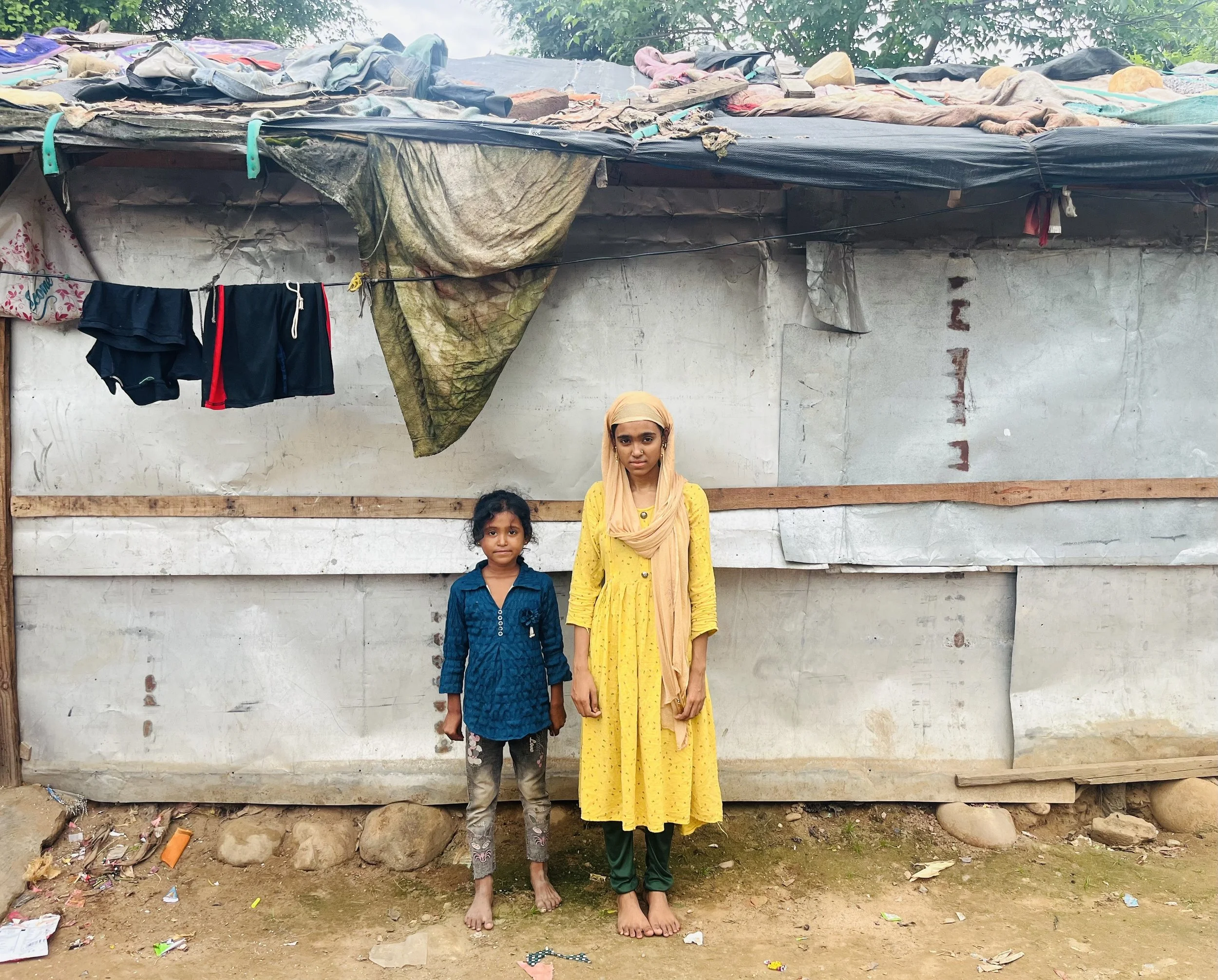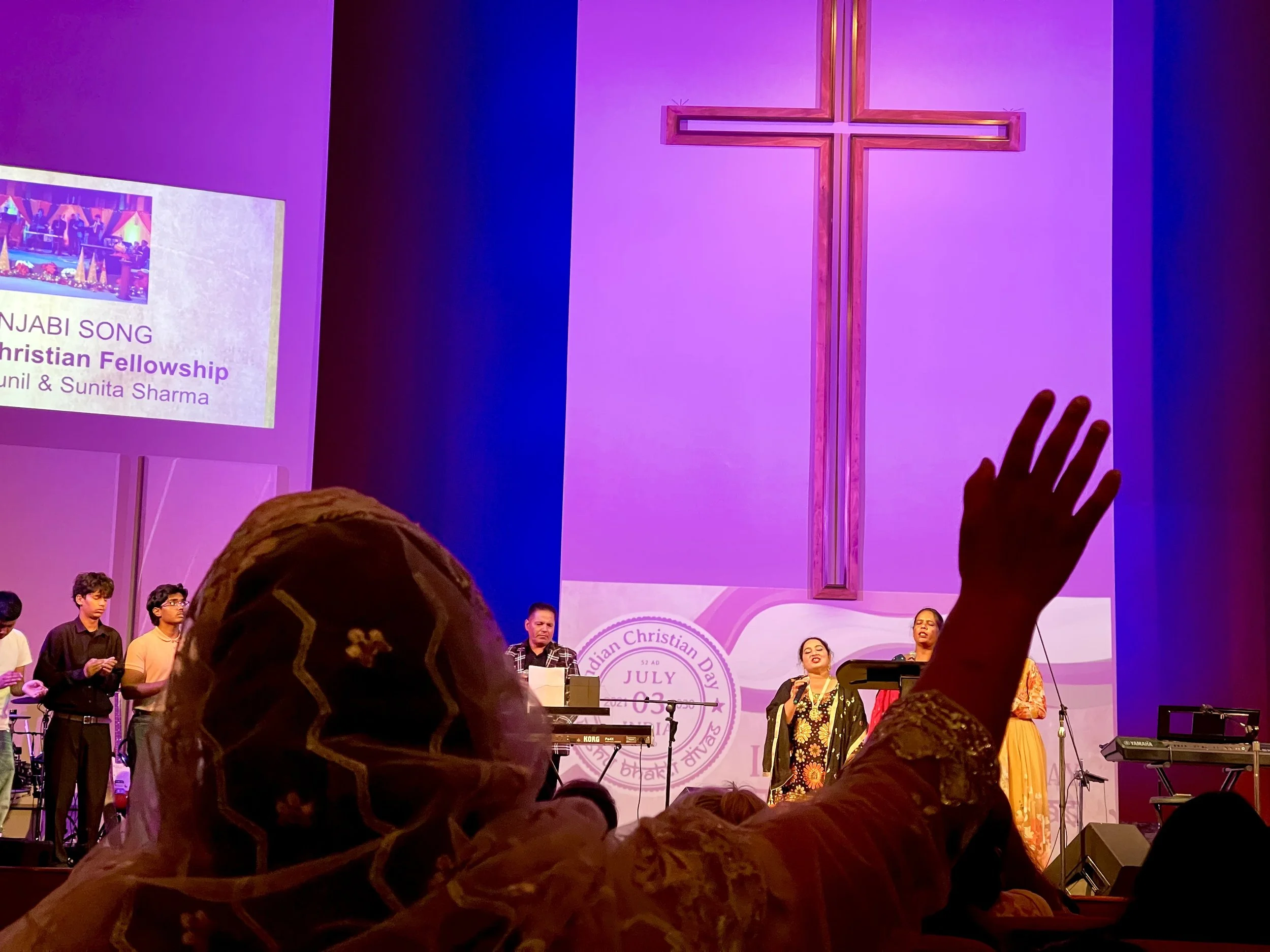(ANALYSIS) Each Valentine’s Day, Hindu nationalist groups in India target couples, framing public affection as a cultural threat. Drawing on theories of moral panic, moral foundations and crowd psychology, this anxiety about social change, identity politics and purity-based values combine to justify moral policing and restrict personal freedom.
Read MoreRomantasy is the literary genre that has become all the rage around the world. Combining imaginative scope of fantasy with the emotional intensity of romance, these books use love as a central narrative driver. At the same time, the setting provides a chance for world-building and supernatural elements that heighten the stakes of romance.
Read MoreThe Pew study measured diversity by dividing the global population into seven categories — Christians, Muslims, Hindus, Buddhists, Jews, followers of other religions and people with no religious affiliation — and assessing how evenly those groups are distributed within each country.
Read MoreMadhu Pandit Dasa achieved every Indian family’s goal: Obtaining a physics degree from one of the best universities in the nation. But when science couldn’t answer his quest for truth, he found it in Hinduism — and started his career as a spiritual leader. “Within six months, I got frustrated … it was against my nature,” he said.
Read More(ANALYSIS) When we’re asked, “Are you religious?” There are a number of different ways someone might justify an affirmative answer. It could be that they attend a house of worship regularly or pray frequently. It could be that they hold specific beliefs about Jesus Christ or Muhammad. Those would be behavior and belief measures of religion. But there’s a third dimension that often gets overlooked: Belonging.
Read MoreIndia recorded 1,318 in-person hate speech incidents in 2025, averaging more than three each day and overwhelmingly led by Hindu nationalist groups affiliated with the ruling Bharatiya Janata Party. The report supports the inference that a political choice is behind the sustained scale of public incitement, which undermines both the rule of law and the idea of equal citizenship.
Read MoreRather than answering blood with blood, many residents in one part of India turned to prayer, ritual and mutual care. This response has become as much a political statement as a spiritual one. In the days after deadly clashes took place, monks were visible in the streets. They organized food for families stranded by an imposed curfew, led quiet gatherings — and urged people to avoid retaliation.
Read MoreA Hindu businessman was attacked by a mob in Bangladesh’s Shariatpur district on Dec. 31. He was beaten with sharp weapons, doused in petrol and set on fire. This was the third such attack in a month — part of a larger pattern of violence against religious minorities since the fall of the previous government.
Read More“My stories for Religion Unplugged are important because they offer readers a nuanced understanding of a complex region often reduced to simplistic narratives,” Iqbal said. “The website amplifies original, deeply reported stories that reveal how religion has become central to social and political developments.”
Read MoreAt a Delhi temple, Afghan Sikhs gather in prayer, their voices rising in unison, yet their hearts weighed down with longing for a homeland they were forced to leave. Among them is Daya Singh. He fled Afghanistan twice — first in 1992 when the Taliban seized control, and again in 2006 after facing persecution for being Sikh.
Read MoreFor more than a decade, Hindu businessman Balwant Rathore and his Muslim partner Mohammad Harun have run their shop together. Then, without warning, they were told to vacate their shop. Blaming “Love Jihad”, a Hindu nationalist leader’s son ordered Muslims to leave the market.
Read MoreThe shrine, once crowded day and night with devotees, now stands eerily deserted. For weeks, it has remained sealed as a crime scene after a mob attack left one of his followers dead. Since August 2024, more than 100 shrines have been attacked or vandalized, according to rights groups.
Read MoreFor thousands of devotees, the journey across the border is not just a trip; it is a reclamation of history, heritage and faith. As Prakash Purab approaches, the pilgrimage carries more than spiritual meaning. It represents the enduring resilience of a community whose beliefs and traditions transcend the walls of politics and conflict.
Read MoreDiwali — the annual Hindu fall “Festival of Lights” — is gaining mainstream popularity in places with large Indian and Southeast Asian immigrant populations — and businesses of all shapes and sizes are taking notice, modifying existing products or services or launching new ones to tap into the group’s sizable buying power.
Read MoreThis year's floods in Pakistan damaged houses, disrupted livelihoods and displaced thousands of families. The National Disaster Management Authority reported that since June 26, over 1,000 people have died. In response, Muslims, Christians, Hindus and Sikhs were among the volunteers who worked together to establish medical relief camps and provide safe drinking water.
Read More(ANALYSIS) Justice cannot be replaced by roads and hostels. The violence in Manipur was not a clash between two aggrieved groups, but the targeting of the Kuki-Zo minority by extremist groups from the majority Meitei community, allegedly backed by the state government. Ignoring the killings and rape sends a message to future perpetrators that violence with political support can be excused or even rewarded.
Read More(ANALYSIS) If this administrative pattern continues, it risks institutionalizing practices that allow for both arbitrary denial of citizenship rights and arbitrary exemptions from legal violations. The consequences are especially grave in a country with diverse migrant histories and weak birth registration infrastructure. For many Indians without birth certificates, this could mean being subjected to unpredictable and discriminatory scrutiny.
Read MoreIn the cramped lanes of Indian Administered Kashmir’s Jammu's Narwal slum, Kiryani Talab Camp, 8-year-old Noora awakens each morning to the same devastating reality: Her parents are not there to greet her. It is just one of the many stories of children who were separated from their parents a few years ago. “Things have only gotten worse,” one woman said.
Read MoreIn a country known for its spices, yoga, the Taj Mahal and Hinduism, a movement is taking place to show the world that Christianity came to India as early as the first century CE. Indian Christians believe their history and heritage can be traced back to Saint Thomas the Apostle.
Read MoreOnce known for its secularism and high levels of literacy and political consciousness, this Indian state is witnessing a quiet but significant ideological shift — one surfacing not only in its mainstream politics but also within its religious communities. Among the most notable of these shifts is the slow but visible tilt of a section of Syrian Christians toward right-wing Hindu nationalism.
Read More



